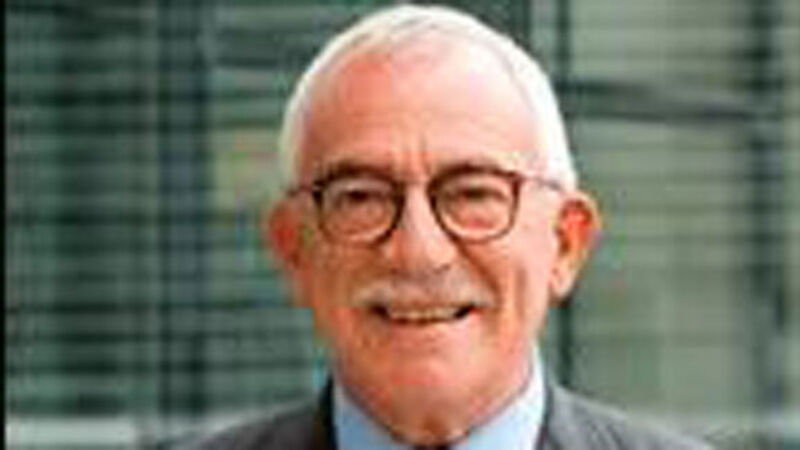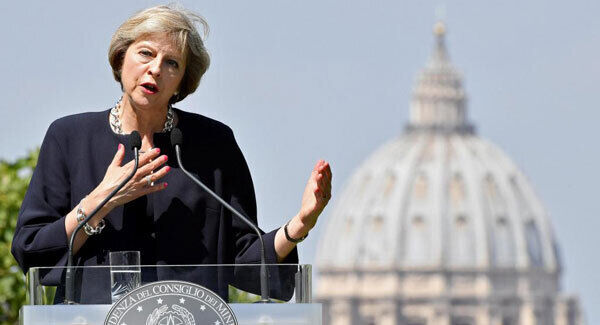Greenland’s EU exit exposes Brexit timetable illusions

With a population of just 56,000 and a GDP of about €2.25bn, Greenland still took three years to exit.
Mr Ellemann-Jensen says any notion in Britain all it needs to do is trigger Article 50 and two years later it will be out is illusory.
“Negotiating Greenland’s exit was a fairly simple task that resulted in a relatively simple and easy to understand protocol,” Mr Ellemann-Jensen, 74, said in an interview.
“That took three years. Britain will take much longer. It’s impossible to say how long.”
Though there are virtually no similarities between Greenland and the UK, it’s worth pausing to appreciate how long it took a country whose institutions weren’t intertwined with those of the EU to leave the bloc.
The challenge is to imagine how Britain, whose laws and customs are deeply enmeshed in the fibre of the EU, will ever extract itself. UK Prime Minister Theresa May has already indicated that triggering Article 50 — the start signal for official exit talks — won’t happen this year.

Meanwhile, the bloc’s 27 remaining members are constructing a growing list of demands that threaten to make any negotiations more than a little unwieldy.
Britain’s idea of maintaining similar trade relations to those it enjoys now, without granting EU citizens the same freedom of movement across its borders as they currently enjoy, looks far-fetched.
“Basically, the British need to take time to understand what an enormous task they took upon themselves,” Mr Ellemann-Jensen said. “Asking for a ‘Brexit’ and expecting it to be ‘clear-cut’ simply can’t happen,” he said.
As part of the Kingdom of Denmark, Greenland joined the EU — or the European Communities, as it was then called — in 1973. (That, coincidentally, is the same year Ireland and the UK joined).
In a 1979 referendum, more than two-thirds of Greenlanders backed home rule. With voters feeling they’d been dragged into the EU as a Danish colony, the island held an in-out referendum three years later to protect its fishing industry, which makes up about 90% of Greenland’s exports. Anger over quotas resulted in 53% of voters backing an EU exit.
Mr Ellemann-Jensen led the talks together with Greenland’s business minister, Lars-Emil Johansen.
The latter later went on to become the island’s premier and is now chairman of its parliament. The 69-year-old says the EU didn’t give Greenland a timetable. “But we had to do a lot of waiting,” Mr Johansen said.















